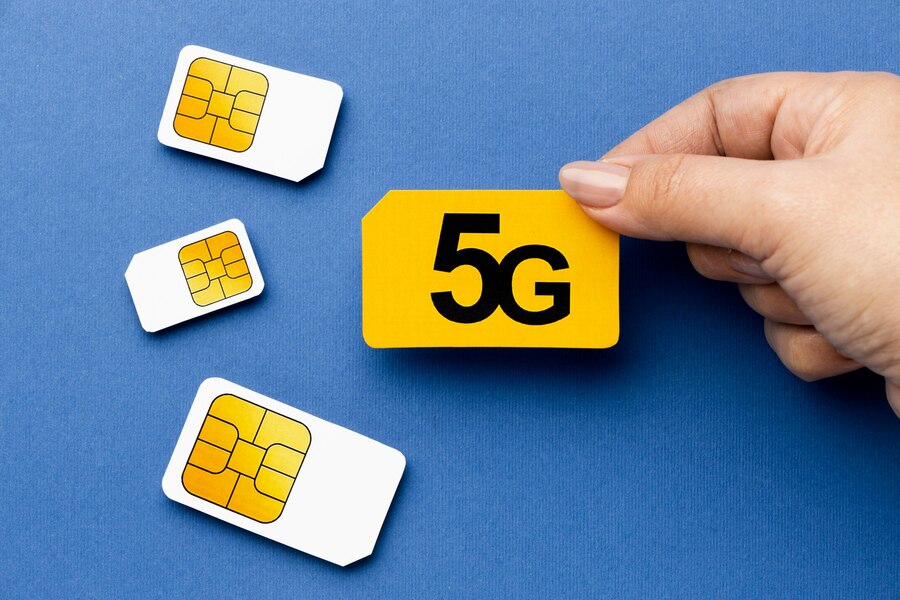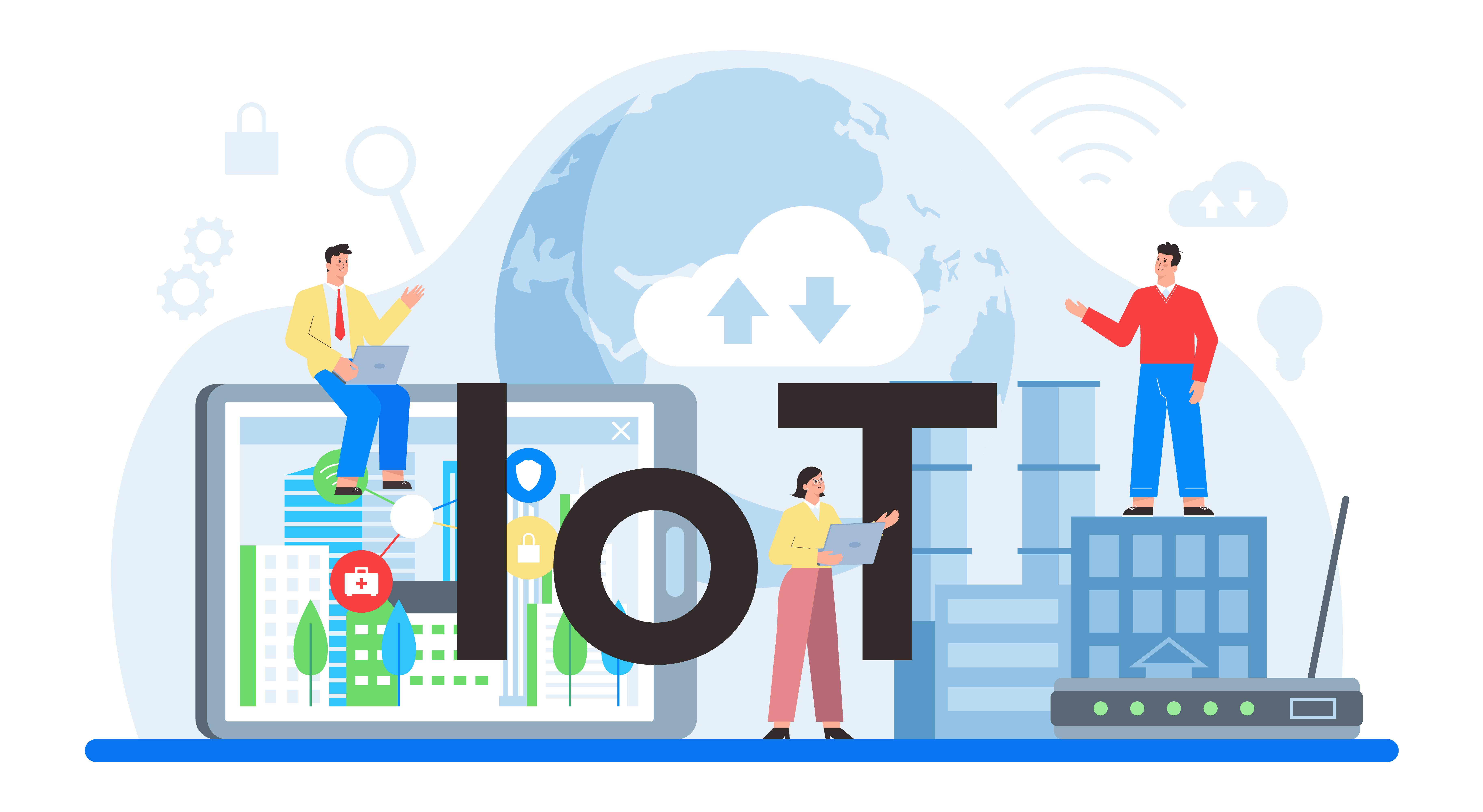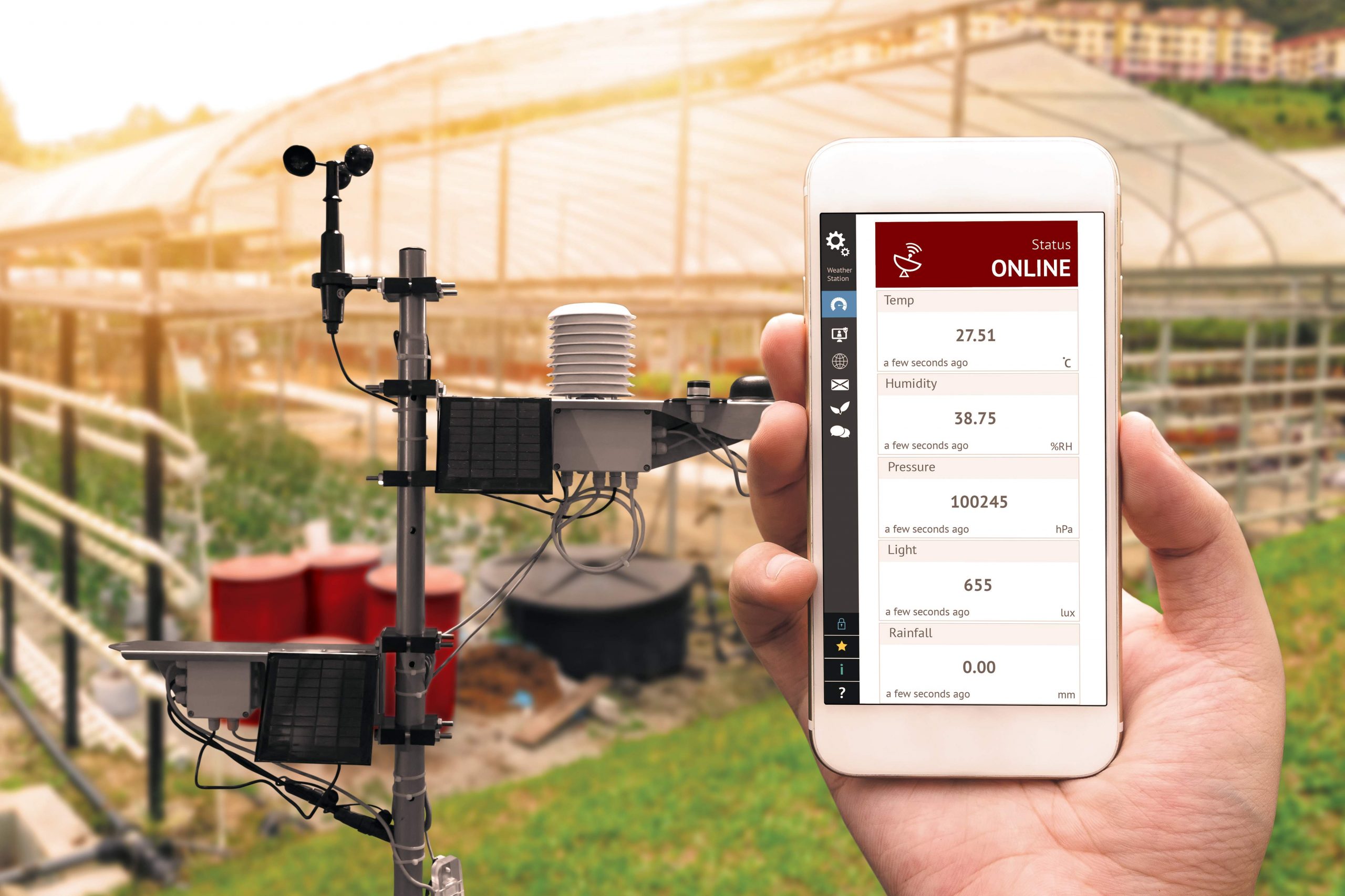Key Difference between M2M SIM and Normal SIM Card
-
March 13, 2024
-
6 min read

The digital revolution has not just transformed our world; it has fundamentally redefined how we interact with technology. At the forefront of this transformation is the Internet of Things (IoT), a rapidly expanding network that is becoming an integral part of our lives.
From smart homes that learn our preferences to cities that adapt to citizen needs in real-time, the impact of IoT is profound and far-reaching. The number of IoT devices worldwide is expected to reach 29.4 billion units by 2030, a testament to the rapid growth of this technology.
Central to the functionality of IoT is the technology of Machine to Machine (M2M) SIM cards. These are not your ordinary SIM cards used in mobile phones. Instead, they are specially designed to cater to the unique demands of IoT devices. Understanding the key differences between M2M SIM cards and normal SIM cards is crucial for businesses and individuals who wish to harness the full potential of IoT.
While both types of SIM cards provide the essential service of connectivity, their roles, functionalities, and applications in the digital ecosystem are distinctly different.
This article aims to demystify the key differences between normal SIM cards vs M2M SIM cards, highlighting why M2M SIMs are indispensable in the IoT domain.
Here’s a brief overview of what is different between M2M SIM cards and normal SIM cards. Read on for an in-depth understanding of these distinctions.
| Feature | M2M SIM cards | Normal SIM cards |
| Intended use | Machine-to-machine communication | Human-to-human interaction (calls, texts, data) |
| Durability | High endurance to extreme conditions | Standard endurance for everyday consumer use |
| Connectivity | Multi-network connectivity, global coverage | Single network, limited global roaming |
| Data transmission | Frequent transmission of small data packets | Less frequent, larger data packets |
| Security | Advanced security features for data protection | Basic security measures |
| Remote management | Extensive remote diagnostics and management | Limited or no remote management features |
| Reliability | Designed for constant, uninterrupted connectivity | Prone to interruptions, especially when roaming |
| Applications | IoT devices, industrial automation, smart utilities | Consumer devices (phones, tablets) |
Fundamental differences
Understanding how are M2M SIM cards different from normal SIM cards means decoding what lies at their very core, rooted in their intended purpose and design philosophy.
Normal SIM cards are crafted for human-centric communications, primarily facilitating services like voice calls, texting, and consumer-grade data usage. They are optimised for the sporadic nature of human interaction, where connectivity peaks during calls or internet usage and then drops.
In contrast, M2M SIM cards are engineered specifically for machine-to-machine communication. This means they are built to enable a continuous flow of information between devices, often without any human intervention.
Unlike normal SIMs, M2M SIMs must handle a constant stream of data, from small, frequent updates to larger data packets, ensuring seamless and uninterrupted communication. This is particularly critical in applications like remote monitoring, automated control systems, and real-time data analytics, where any lapse in connectivity could lead to significant operational disruptions.
Durability and Reliability in Varied Environments
M2M SIM cards are specifically designed to excel in environments where normal SIM cards would falter. They boast enhanced endurance capabilities, capable of withstanding extreme environmental conditions, including high temperatures, significant moisture levels, and physical stress. This robust construction ensures uninterrupted functionality in diverse settings, from the intense heat of industrial machines to the fluctuating outdoor weather conditions.
Additionally, M2M SIM cards offer a level of connectivity reliability that surpasses normal SIM cards. They are engineered to maintain consistent network connections, often equipped with the ability to connect to multiple networks to ensure continuous service without the risk of interruption. This reliability is not just a feature but a necessity for IoT applications, where consistent data transmission is imperative for the smooth operation of interconnected devices.
Global Connectivity: A Key Feature of M2M SIM Cards
M2M SIM cards provide an unparalleled advantage in terms of global connectivity. Unlike normal SIM cards, which are usually limited to a specific network and may incur substantial roaming charges for international use, M2M SIM cards are inherently global. They possess the capability to seamlessly switch between various carrier networks worldwide. This automatic network switching ensures that IoT devices using M2M SIMs maintain the best possible connection, irrespective of their location, thereby eliminating the need for manual network selection or the complexities associated with international roaming.
This global connectivity feature is particularly advantageous for businesses operating across multiple countries or continents. It ensures that their IoT devices remain online and fully functional, regardless of geographic boundaries, offering a consistent and reliable level of service that is critical for global operations.
Enhanced Security and Remote Functionality
In the realm of IoT, where devices often transmit sensitive or critical data, the advanced security features of M2M SIM cards are of paramount importance. These SIM cards are fortified with sophisticated encryption and authentication protocols, ensuring the safety and integrity of the data in transit. This level of security is essential in protecting against data breaches and unauthorized access, which are significant concerns in the digital age.
Moreover, M2M SIM cards offer extensive remote management and diagnostic capabilities, surpassing the features available in normal SIM cards. This remote functionality allows for efficient management of IoT devices, enabling firmware updates, configuration changes, and troubleshooting to be conducted from a distance. This aspect not only streamlines the maintenance and operation of IoT devices but also significantly reduces the need for physical intervention, thereby saving time and resources.
Tailored for IoT
The unique requirements of IoT devices necessitate a dedicated form of connectivity that M2M SIM cards are specifically designed to provide. These SIMs support the persistent, uninterrupted data exchange that IoT devices rely upon, ensuring that the ecosystem of interconnected devices operates harmoniously.
M2M SIM cards are thus not just beneficial but essential for the functionality of IoT devices, enabling them to perform their tasks reliably and efficiently.
The importance of M2M SIM cards for IoT devices
IoT devices thrive on continuous operation, and any disruption in connectivity can lead to failures in data transmission and device functionality. M2M SIM cards are crafted to offer uninterrupted connectivity, with network redundancy and the ability to transmit small, frequent data packets that are characteristic of IoT communications.
They are the linchpin for IoT devices, providing the connectivity backbone that enables these devices to function autonomously and fulfill their intended roles within the IoT framework.
Exploring the future of IoT with Airtel M2M SIM cards
The distinction between M2M SIM cards and normal SIM cards is stark, not just in their application but in their design and capabilities.
M2M SIM cards are the enablers of the IoT, designed to meet the demands of a new era of machine intelligence. Due to their immense demand, the global M2M SIM Cards market is expected to grow at a CAGR of 7.5% during the forecast period from 2021 to 2030.
As businesses continue to explore the vast potential of M2M SIM cards, Airtel’s IoT solutions offer the reliability, security, and global reach necessary to drive innovation and maintain a competitive edge in a connected world.
 Share
Share









